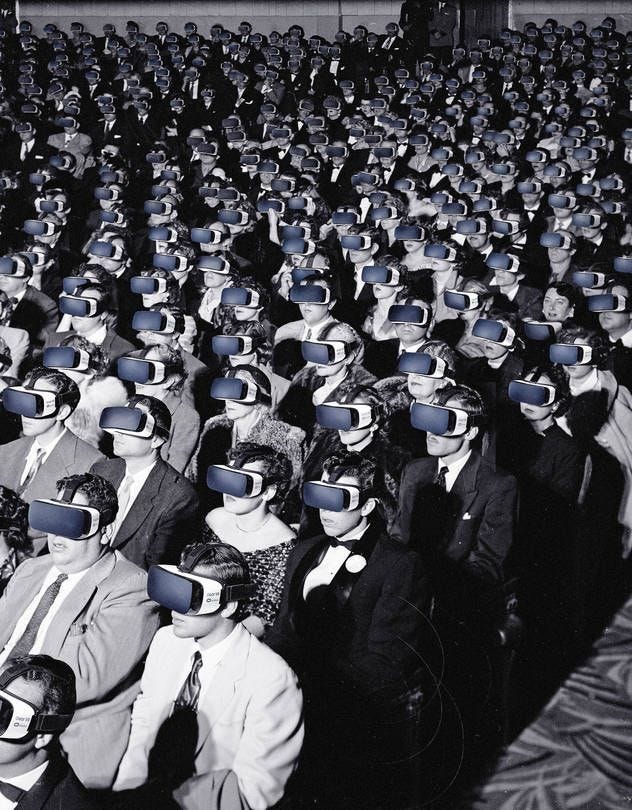Very Well Written, Therefore Fake.
Because good writing is becoming a red flag, not a compliment.
Not long ago, someone left a comment on one of my Substack essays. They didn’t say it moved them, they didn’t ask a question, offer feedback, or even disagree. They said it was written by AI. Claimed they ran it through an AI detector and told me—quite confidently—that it was 90% artificial. Not “this sounds like AI.” Not “this is too good to be real.” Just a clear conclusion: This isn't yours, this isn't human. Ever since, I’ve been accused countless more times. And honestly, I don’t find it just frustrating. I find it insulting. To me, it felt like what they were really saying was: you couldn't have written this. Not because it was groundbreaking or revolutionary; not because the topic was otherworldly, but because it was clear. Structured. Thought-out. Because it read like someone had taken time with it, and apparently, in this day and age, in 2025, that’s suspicious.
We’re living in a world where technology is so advanced that computers can now write almost as well as we do—and, ironically, that means people who write well are now being treated like computers. There’s a growing mistrust of anything that doesn’t sound chaotic, messy, raw, or conversational. If your sentences flow, you must have had help. If your metaphors land, you must’ve cheated. If your grammar is proper, a machine must have corrected it. If you took time to revise and double-check, that must mean you took a shortcut. What’s deeply twisted is that we now rely on those same computers to tell us whether another computerized software wrote something. And that’s the most ironic part: humans have outsourced the judgment of authenticity to machines. AI detectors— which are often clunky, inconsistent, and poorly regulated1—are being used to measure the soul of a piece. The more polished, coherent, or eloquently written, the more likely it is to be labeled “not real.” We’ve entered a world where “beautifully written” is no longer a compliment, it’s a red flag.
And who are the people hurt most by this? Young writers. Non-native speakers. Immigrants who’ve worked twice as hard to master a second language. People who don’t “look the part.”—too young, too brown, too asian, too female. Teenagers who read obsessively, write privately, and finally gain the courage to share something—only to be told their voice is too refined to be their own. It’s demoralizing. In a way that goes deeper than just annoyance because it’s a quiet form of erasure, and it trains people to flatten their brilliance in order to be believed. What I want you to take away is this: this isn’t just about me. It’s about what it means, at a cultural level, to start treating fluency as fakery and excellence as evidence of cheating. It’s about the deep discomfort we have when someone expresses themselves with clarity—especially online, especially when they’re not already famous, credentialed, or expected to be good. It’s about the fear that being “too good” is, ironically enough, the worst thing you can be.
We’re constantly told to find our voice, develop our style, say something meaningful. But now we have to add a silent asterisk: make sure it still sounds human enough to be believed. You have to make sure it stumbles, make sure it doesn’t flow too well, or someone might decide it isn’t yours and strip away your own words. Maybe we’ve grown so dependent on tools that we’ve forgotten what people can do without them. Either way, here’s what I know: I wrote that essay. I’m writing this one.
And if that sounds unbelievable to you—maybe the problem isn’t the writing. Maybe it’s that we no longer believe humans are capable of being this human.
P.S.
I took a break from writing for the entire month of June because I was not feeling inspired. I was carrying a ton of pressure, and honestly, the people got to me. I was very busy, and I thought that if I wanted to address this subject, it had to be now—before I take the reins of my account again.
I feel this essay is different from most of my work in the sense that I wrote it from a place of frustration. I did no prior investigation before writing, I learned as I wrote. I hope you can take that into account.
I’m aware I’m not the first to be accused of using AI, and I know many authors have faced these accusations—some rightly, some wrongly. I can’t speak for them, but I can speak for those who have been unfairly doubted. Because as I said before, this isn’t just about me.
A 2023 study conducted by Stanford University and the University of Maryland found that AI detectors frequently misclassify non-native English writing as AI-generated. “All seven AI detectors unanimously identified 18 of the 91 TOEFL student essays (19%) as AI-generated and a remarkable 89 of the 91 TOEFL essays (97%) were flagged by at least one of the detectors.” Stanford HAI Report





im too tired to write out something thoughtful, but the idea that if i use one too many good commas or, god forbid, an em dash makes my writing automatically invalid is possibly the frustrating thing ever
It’s frustrating how something as small as a punctuation mark can make people question whether a human even wrote it.